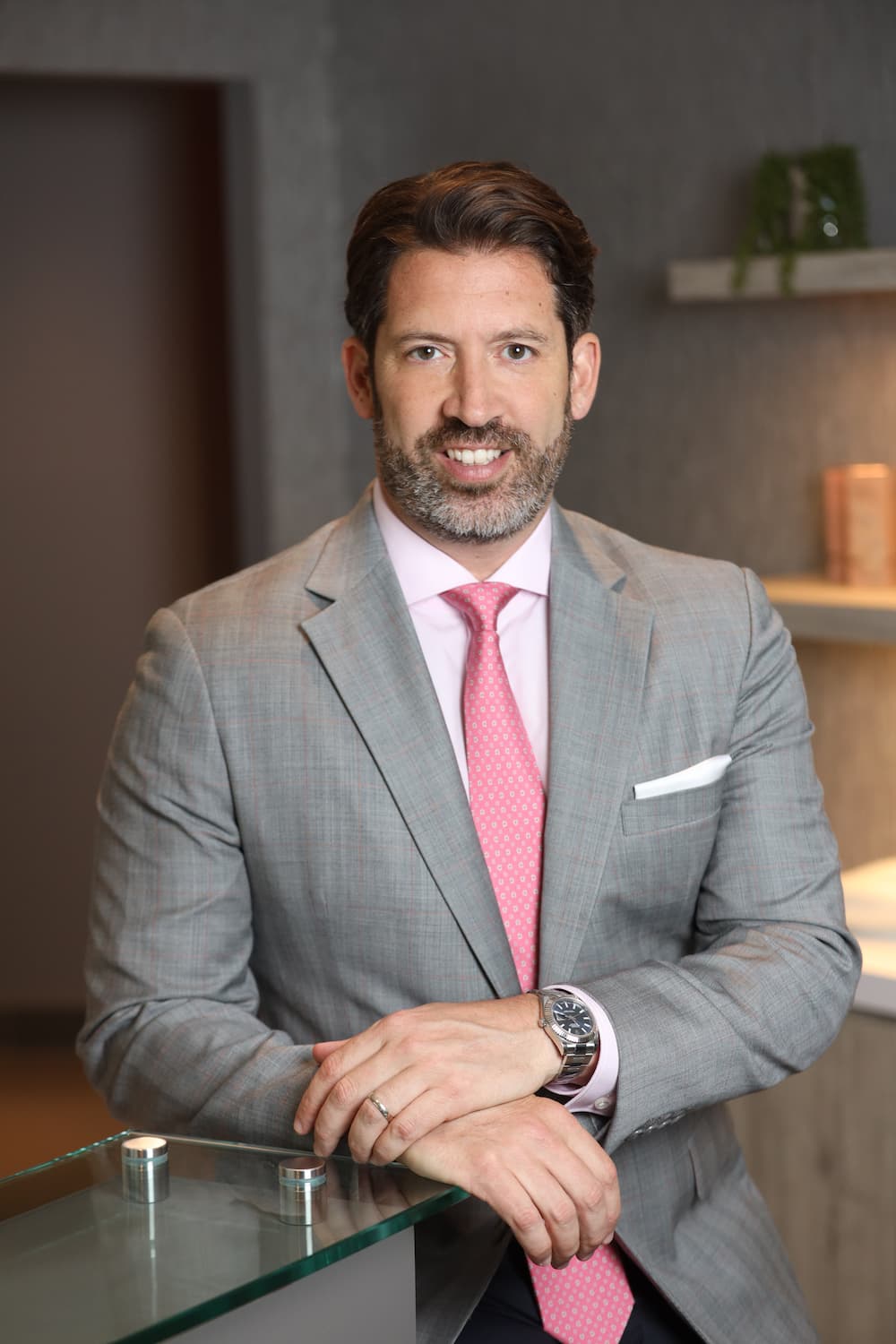Specialist Plastic Surgery Rancho Cucamonga: Change Your Appearance with Top Surgeons
Specialist Plastic Surgery Rancho Cucamonga: Change Your Appearance with Top Surgeons
Blog Article
Exploring the Emotional and Social Variables That Drive People to Consider Cosmetic Surgical Procedure as a way of Enhancement
The decision to go after plastic surgery frequently expands past simple appearances, linking with emotional and social dynamics that warrant thorough exam. Factors such as self-confidence, prevalent societal beauty standards, and the prevalent influence of social media sites converge to form individual motivations for medical improvement. As these influences become increasingly popular, recognizing the underlying psychological and cultural contexts is vital. What remains to be discovered is the profound influence these aspects have not only on individual identity yet additionally on wider social norms and values surrounding elegance and acceptance.
The Duty of Self-Esteem
Self-confidence significantly affects an individual's decision to pursue plastic surgery. Individuals with low self-worth often perceive themselves in an adverse light, leading to feelings of inadequacy regarding their physical look. This adverse self-perception can drive them to look for surgical interventions as a method of improving their self-image. The need for renovation in one's appearance is frequently linked to a belief that such changes will boost their total self-regard and confidence.

Inevitably, the duty of self-confidence in the decision-making process concerning plastic surgery highlights the intricate interplay between body image, individual satisfaction, and psychological wellness. Comprehending this relationship is crucial for healthcare professionals to make certain that people are making notified decisions rooted in reasonable assumptions and psychological well-being.
Social Appeal Requirements
Influenced by pervasive media portrayals and cultural narratives, societal elegance criteria play a crucial role in forming individuals' perceptions of their own bodies. These requirements are typically characterized by an idyllic form of appeal that highlights traits such as youthful vigor, slimness, and symmetry. As these perfects are continued via different networks, including tv, marketing, and movie, people often internalize these messages, leading to discontentment with their all-natural appearance.
The ramifications of these societal norms prolong past aesthetic choices; they can impact self-worth, mental health, and interpersonal connections. Individuals who regard themselves as disappointing these criteria may experience feelings of inadequacy, motivating a need for plastic surgery as a way of attaining societal authorization. This search is commonly fueled by the belief that complying with these perfects will enhance not just physical appearance yet also social standing and personal gratification.

Influence of Social Network
The influence of societal appeal criteria is more amplified by the rise of social networks platforms, where curated images and idealized representations of charm are ubiquitous. Customers are continuously subjected to filtered and edited pictures, which typically illustrate unattainable physical qualities. This direct exposure grows a culture of comparison, leading individuals to examine their own look versus these commonly impractical criteria.
Social network influencers and celebs regularly advertise cosmetic treatments, stabilizing the idea that medical enhancements are a practical ways for attaining societal suitables (plastic surgery rancho cucamonga). The presence of these enhancements can create a perception that undergoing plastic surgery is a common method, consequently influencing people to consider similar interventions as a path to enhanced self-esteem and social approval
Additionally, the interactive nature of social networks permits instant responses through likes and comments, better reinforcing the need to comply with preferred appeal requirements. Such interactions can aggravate feelings of inadequacy and drive people towards plastic surgery as a way of obtaining validation. Inevitably, social networks you could try here plays a pivotal duty fit assumptions of charm, which significantly affects the decision-making processes bordering plastic surgery.

Social Point Of Views on Appearance
Throughout different cultures, assumptions of look are deeply rooted in historical, social, and financial contexts, forming people' views on elegance and charm. In many cultures, look works as a significant pen of identity, influencing social standing, specialist chances, and personal partnerships. For example, in some societies, light skin is commonly related to wide range and opportunity, while others may glorify darker skin tones as symbols of stamina and credibility.
Furthermore, typical elegance requirements are often continued via cultural stories, media representations, and family members influences, bring about varying suitables throughout different areas (plastic surgery rancho cucamonga). In Western cultures, the emphasis on young people and fitness frequently drives people towards cosmetic enhancement, while in particular Eastern societies, even more subtle changes lined up with traditional looks may be favored
Globalization and the proliferation of digital media have better complicated these characteristics, producing a hybridization of beauty perfects that goes beyond geographical limits. As individuals progressively browse these social stories, the pressure to adapt certain look standards can bring about the wish for cosmetic surgical procedure, reflecting a complex interplay of social values and individual ambitions. Recognizing these social viewpoints is important in attending to the motivations behind cosmetic surgery considerations.
Psychological Impacts of Plastic Surgery
Many individuals seeking cosmetic surgery report experiencing profound emotional effects that can substantially alter their self-perception and psychological wellness - plastic surgery rancho cucamonga. The wish for physical enhancement often originates from underlying problems such as reduced self-esteem, body dysmorphic problem, or social stress relating Our site to charm standards. For some, the prompt post-operative phase can lead to a short-lived boost in positive self-image and contentment with their appearance, cultivating a sense of empowerment
However, these favorable sensations may not be sustaining. Study indicates that while some people experience enhanced self-esteem, others may face elevated anxiety or clinical depression if their expectations are not fulfilled. This discrepancy can occur from unrealistic suitables bolstered by media representation and social narratives bordering charm.
Furthermore, the mental implications of plastic surgery extend past the individual. Relationships with friends and family might be stressed as social dynamics change, leading to feelings of seclusion or alienation. Inevitably, the emotional influences of cosmetic surgical treatment are intricate and multifaceted, requiring mindful consideration by both potential individuals and medical care suppliers to guarantee educated decision-making and practical expectations.
Conclusion
To conclude, the choice to seek cosmetic surgical treatment is dramatically affected by a mix of self-worth concerns, societal charm requirements, and social viewpoints on look. The prevalent reach of social media even more worsens these stress, advertising unrealistic suitables that people usually make every effort to attain. Understanding these social and psychological elements is vital for attending to the motivations behind plastic surgery, highlighting the need for a more nuanced conversation surrounding charm and self-acceptance in contemporary culture.
The choice to go after cosmetic surgical procedure often expands past simple looks, intertwining with social and mental look at here dynamics that merit thorough examination. Inevitably, social media plays a critical duty in shaping understandings of charm, which considerably influences the decision-making procedures surrounding cosmetic surgical treatment.
As individuals significantly browse these cultural narratives, the pressure to conform to details look requirements can lead to the desire for cosmetic surgical procedure, showing an intricate interplay of individual aspirations and cultural worths.In conclusion, the choice to pursue cosmetic surgical procedure is dramatically influenced by a combination of self-confidence problems, societal elegance criteria, and cultural perspectives on look. Understanding these mental and social factors is essential for attending to the motivations behind cosmetic surgical treatment, highlighting the demand for a more nuanced conversation bordering charm and self-acceptance in modern culture.
Report this page